Introducing the Whale Sanctuary Project
This blog is taking a break for the next few months so that I can devote my energies to the Whale Sanctuary Project. Here’s why.
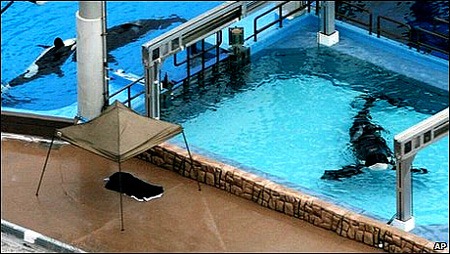 The Whale Who Took Down SeaWorld
The Whale Who Took Down SeaWorld
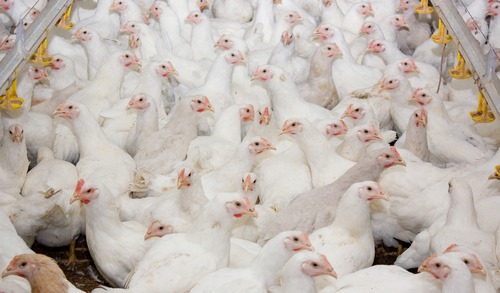 Egg Industry Concession Is No ‘Victory’
Egg Industry Concession Is No ‘Victory’
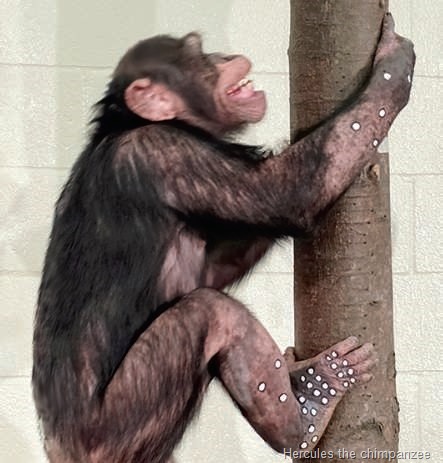 For Chimps, the End of Vivisection, Almost
For Chimps, the End of Vivisection, Almost
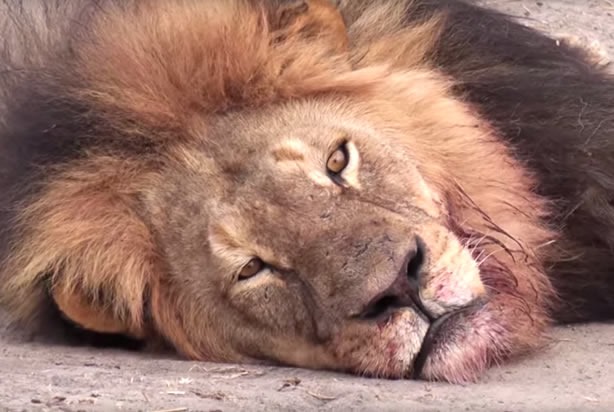 Cecil Is the Least of It
Cecil Is the Least of It
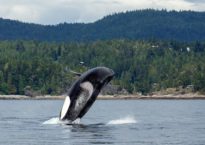
This blog is taking a break for the next few months so that I can devote my energies to the Whale Sanctuary Project. Here’s why.

The Sloth Sanctuary in Costa Rica was the first of its kind for these wonderfully engaging animals, and it was a model for others that followed.…
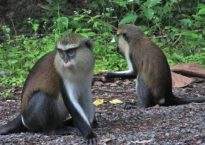
Tafi Atome looks like a typical forest in Ghana. The monkeys have been revered in this village for two centuries. But being “sacred” is no guarantee of survival.
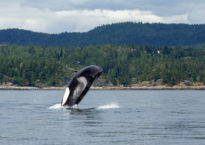
In a time of mass extinction that’s been brought about by human exploitation and can no longer be stopped, what should we do?
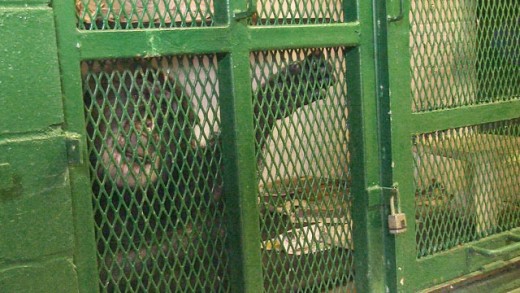
The great irony of the animal rights movement is there is still only one species that has any rights at all: humans. But the Nonhuman Rights Project is setting out to change that.
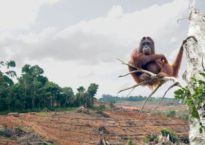
Why would a supposedly “intelligent” species behave in a way that’s bringing about a mass extinction – one that will likely take us down along with so many other animals?

A new series of studies shows that when people are reminded of their personal mortality, they tend to become more disposed toward the killing of nonhuman animals.
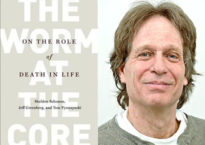
Psychologist Sheldon Solomon explains Terror Management Theory – the study how we manage the lifelong anxiety that’s born of our terror of death – and how it affects our behavior toward other animals.
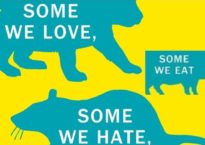
Psychologist Hal Herzog explores the moral confusions and contradictions in our relationships with our fellow animals (not to mention with each other!).
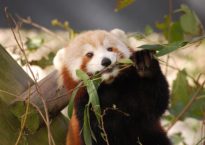
How we “view” other animals (from a position of privilege and exploitation), and how our behavior toward them and toward the planet has led to an irreversible, mass extinction.
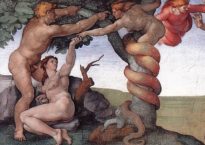
Is there a hidden meaning behind the story of Adam and Eve and the Serpent? Jonathan Crane explains what it may be telling us about our relationship to our fellow animals … and how it could have been otherwise.

In his overview of the state of Planet Earth today, Carl Safina begins by asking the seemingly unrelated question: “Does my dog really love me? Or does she just want a treat?”

A new study shows that any small reminder – even quite unconscious – of our inevitable mortality causes us to be more supportive of the killing of nonhuman animals
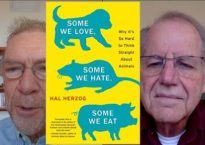
One of his friends calls herself a vegetarian even though she eats fish and chicken. “Well,” she says, “I don’t eat anything with a face.”
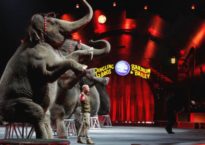
Without the elephants, for many people it wasn’t worth the price of a ticket any longer.

“When one person is in a cage and someone else is outside the cage, walking up and down and looking at that person, what do you think that suggests about our power relations?”

What does a piece of Ancient Greek tragedy have to do with our screwed-up relationship to our fellow animals? Quite a lot, in fact!

Second in a new series: We humans have a constant sense of anxiety over our mortal, animal nature. And we deal with this by telling ourselves that we’re not really animals – despite all the evidence to the contrary.

In this first video of a new series, we look at our deep need as humans to insist that we’re not animals – despite all the evidence to the contrary.

A bishop, running for Congress, portrays the First Family as chimpanzees. Offensive and hateful. But it also tells us something about our fear of being great apes ourselves.